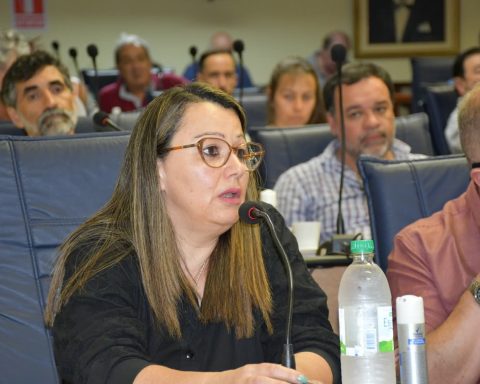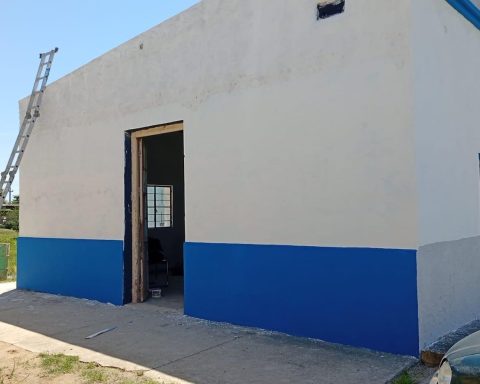From the union of industrialists they asserted that if the adjustment becomes effective “It would cause a very negative impact on our export industry.”
Along the same lines, from the CIU they recalled that the National Ports Administration (ANP) participates with 20% in the TCP share package.
#IMPORTANT ➡ Given the statement from the firm Katoen Natie TCP, we inform that since #CIU⚙ We are taking steps at the highest level to try to reverse this decision, which, if implemented, would have a very negative impact on our export industry.… pic.twitter.com/gryEeI5HnC
— Chamber of Industries of Uruguay (@camindus) June 27, 2023
The tweet was immediately commented on by the president of the Chamber, Fernando Pache, who assured that the industrialists are amazed “a unilateral measure of this magnitude, which does nothing but deepen the lack of competitiveness that we have as an industry“. Pache further stated that this level of increase cannot be absorbed in any way. “Let’s hope that urgent balance is achieved,” he closed.
The TCP setting
The private consultancy CPA Ferrere recommended to Cuenca del Plata Terminal (TCP, majority owned by the Belgian multinational Katoen Natie, with State participation) carry out the 24.1% rate update. The appreciation of the peso against the dollar was one of the reasons mentioned for applying the adjustment.
The terminal had not made a rate increase since 2017. At the same time as in the agreement to extend the concession of the terminal until 2081 that the government signed with Katoen Natie a discount of 30% was defined.
The report written by the consultant C.P.A. Ferrere for TCP, it indicates that the tariff reduction agreement was finalized at the beginning of 2021 taking as a reference the cost structure of the previous year on the one hand, and on the other, the estimates of incremental volume resulting from the agreement and the extension of the concession.
The letter indicates that later the increase in international inflation and the strengthening of the peso against the dollar determined a significant and unexpected change in TCP’s unit costs that are currently not reflected in the rates.
This was what motivated the adjustment, which, according to what the company informed its clients, begins to take effect on July 1.
The drop in exports
Uruguayan external sales of goods, including those from free zones, fell again in May. The decrease was explained by lower exports of beef and soybeans. The forecast is that the year ends with red numbers compared to last year.
At the beginning of June from Uruguay XXI they summarized that after two years of strong growth in exports of goods in Uruguay, and in the midst of one of the most important droughts in the last 30 years, in 2023 there would be an 11% drop in exports of goods that will total approximately US$ 12,000 million. “This is explained by a sharp contraction in exports of agricultural goods, with marked falls in soybeans and beef, mainly affected by the drought, which will be offset by an increase in pulp exports,” the institute stated.
















